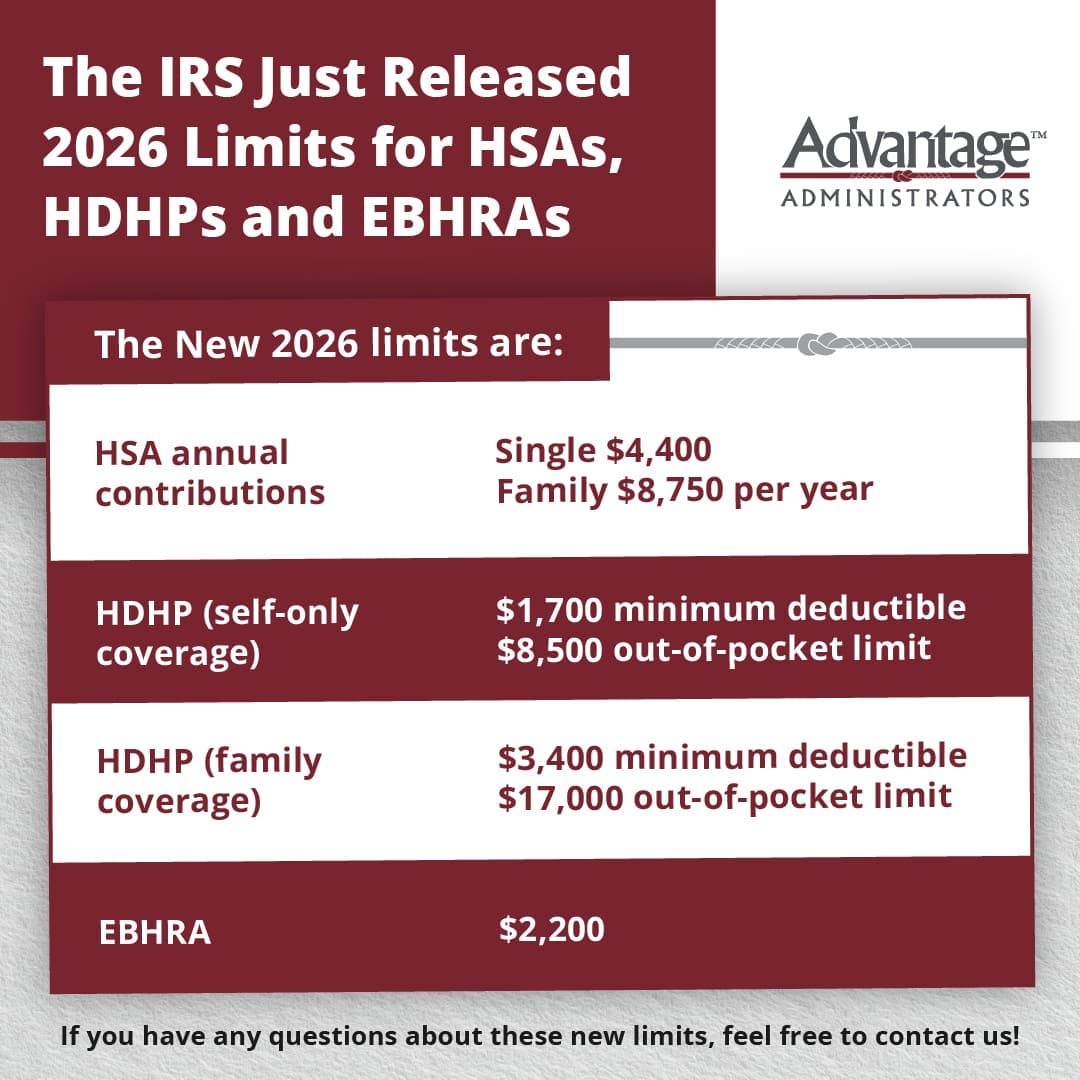HDHPs vs. Traditional Health Plans: Which is Better?
The truth is, it depends. There are many variables to take into account when deciding which health plan is right for you. And if your employer offers many different plans to choose from, sometimes that choice becomes overwhelming. But with nearly two-thirds of large employers now offering their employees the option of choosing a High-Deductible Health Plan (HDHP) over a traditional health plan, it’s more important than ever to know which plan is right for you. When reviewing your options during open enrollment, here are four questions you should ask.
HOW MUCH WILL IT COST?
Knowing how much things cost is essential in deciding on a health plan. Tables or charts that show premiums, deductibles, and out-of-pocket costs for the plans available to you can help you see which plan gives you the most bang for your buck. They also provide an easy visual point of comparison for when you start looking at your family’s typical annual medical costs. It’s important to know how much you usually spend on medical care in a given year when shopping for a health plan—you don’t want to purchase too little coverage and leave yourself exposed to high costs for healthcare, but purchasing too much coverage doesn’t make good financial sense, either.
If you (or your family) don’t normally have a lot of medical expenses in a given year, it makes sense to go with a High-Deductible Health Plan (HDHP). Premiums for these plans are typically much lower than for traditional health plans, such as Preferred Provider Organizations (PPOs) and Health Maintenance Organizations (HMOs). By crunching the numbers and comparing costs, you can take advantage of the plan that’s right for you.
HOW MUCH WILL I SAVE?
Potentially, quite a bit. By choosing an HDHP, not only will you save on premiums, but when paired with a Health Savings Account (HSA) or a Flexible Spending Account (FSA), you’ll also save money on taxes. HSAs and FSAs are designed to pay for eligible medical, dental, vision, and other expenses. Contributions are made on a pre-tax basis and withdrawals for eligible expenses are tax-free. The money in your HSA earns interest and is also investable, once you’ve reached a certain threshold amount, and these earnings are also tax-free. HSAs are only available if you’re enrolled in a qualified High-Deductible Health Plan. But if you have both an HDHP and an HSA, you could also enroll in a Limited Flexible Savings Account (LFSA) to cover your dental, vision, and preventive care expenses and save even more!
WILL MY EMPLOYER CONTRIBUTE TO MY HSA?
You’ll want to talk to your employer to find out for sure, but many employers do contribute to their employees’ HSAs. This often comes in the form of an annual contribution, though it may be available as a matching contribution, in which case you’ll want to make sure that you contribute enough to secure the employer match. If you choose to go with an HDHP combined with an HSA, these additional contributions—which averaged $839.00 in 2018—will help you reach your investment threshold faster so your account can grow more quickly, and they can help you cover the cost of the higher deductible.
HOW WILL THIS AFFECT MY RETIREMENT PLANS?
Saving for retirement can seem like an intimidating prospect. It’s even more daunting when taking into account the fact that the average 65-year-old is now expected to need more than $200,000.00 for medical care alone in their retirement years. Most people expect their household expenses to go down during retirement, but the opposite is often true instead—most retirees see their household expenses increase during the first six years of retirement, and healthcare costs are largely to blame. So what’s a person to do?
If you’ve crunched all the numbers and decided that a High-Deductible Health Plan is right for you, then a Health Savings Account can be a great way to help you save for retirement, and here’s why:
- The money in your HSA rolls over from year to year. Any funds you don’t spend will still be there for you when you retire.
- By investing the money in your HSA, you can grow your account even faster than if you simply let it collect interest. The investment options available for HSAs are comparable to those available for 401(k) plans and IRAs.
- Once you turn 65, the 20% tax penalty on withdrawals for ineligible expenses disappears. Your withdrawals will still be taxed, but much like a traditional retirement account, you’ll be able to use the money for whatever you want.
Still have questions? We’ve got answers—contact Advantage Administrators today!










 Flex Plans
Flex Plans Forms
Forms HSA
HSA HRA
HRA Retirement
Retirement Health Shopper
Health Shopper FSA Store
FSA Store